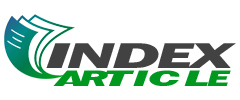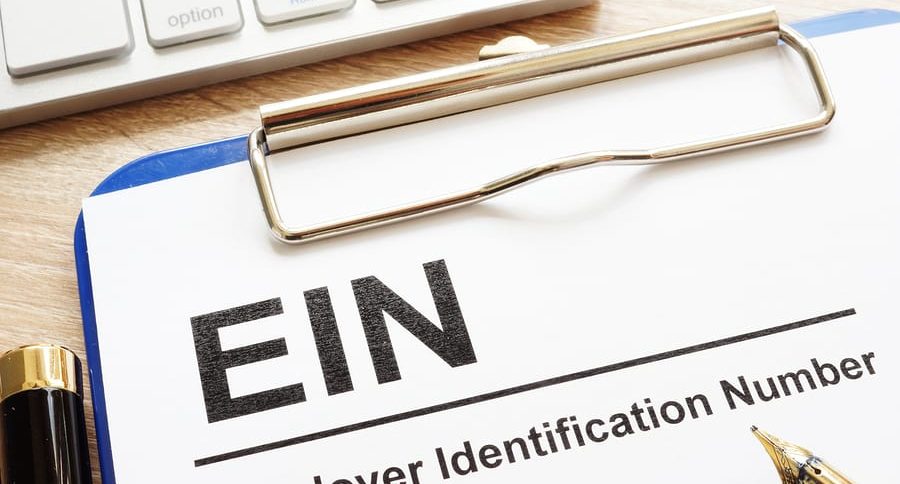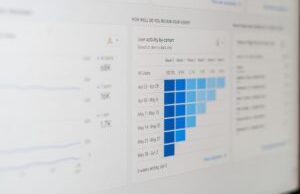An employer identification number, commonly referred to as EIN, is a distinct nine-digit number you deploy when filing taxes for your business. An EIN also comes in handy when registering a business entity, securing a loan, opening an account, and a lot more. An EIN is crucial for your organization as a Social Security number is in your life.
How an Employer Identification Number (EIN) Works
EIN is given out to distinguish business entities in the US the same way Social Security Numbers (SSNs) are deployed to identify individual residents of the country. It is also known as a Federal Tax Identification Number. When used to distinguish a corporation for tax matters, it is called Tax Identification Number.
As stated above, employer identification numbers are distinct nine-digit numbers formatted as XX-XXXXXXX. These numbers are given by the Internal Revenue Service (IRS) and encompass data about the state in which the business is listed. The agency deploys EINs to establish taxpayers who must file several organization tax returns.
You are needed by the law to have an EIN if you have people working for you, run as corporations, file specific returns, or withhold taxes from earnings other than take-home pay. Entities must apply for an EIN by mail, fax, online, or phone before running their operations. All types of businesses can apply for and be given EINs, including:
● Limited liability companies
● Sole proprietorships
● Non-Governmental organizations
● Government agencies
● Partnerships
The IRS is not discriminatory towards the company’s size. Hence, even a business with only one employee is just as qualified for an EIN as a multi-billion dollar corporation.
Benefits of Getting an EIN
Getting an EIN helps you distinguish your finances from your business. And that is necessary to streamline bookkeeping and accounting and restrict liability in a lawsuit. Often, preceding an EIN can cost you time and money in the future. The benefits of getting an EIN include the following:
1. File Taxes and Avoid penalties
If you do not have an EIN by tax day and were meant to apply for one, you must fill out paperwork to inform the IRS. If you fail to do so, the IRS may not accept your filing, and you could face penalties. In addition, for specific kinds of tax deductions, the chances of getting audited by the IRS go down if you have an EIN.
2. Curb Identity Theft
You will be shocked to know that applying for an EIN is an effective way of curbing identity theft. As noted above, EIN separates your finances from business finances. Upon getting an EIN, you do not need to give your Social Security number to customers or retailers who trade with you. Instead, you only give out the EIN.
Getting the EIN means you can have your SSN more confidential, reducing the chances of a criminal stealing it and getting access to the profits you have toiled for night and day. Yes, crooks can steal EINs, but it is not popular as consumer identity theft.
3. Add Credibility as a Freelancer
Independent contractors and freelancers, losing even a client can bring about a wide financial difference. Hence, it would help if you did all you needed of you to make the client stay by cementing your status as legitimate. When you get a client, you will have to provide them with either the SSN or the EIN to give you a 1099 tax form. Having an EIN gives you more credibility and indicates that you are a serious business instead of a side hustle.
4. Catalyze Loan Applications
You can speed up the process of applying for a business loan if you possess an EIN. Many financial institutions do not openly demand one. Provided you have the necessary business permits and are legally qualified; you can request the loan. However, the catch is that most financial institutions demand an applicant to have a business bank account with a specific number of deposits. This is to make sure you have a place to get the loan funds and make intermittent loan payments. And to get a business bank account, you often need an EIN.
Additionally, some money lenders check business credit when assessing your loan application. Having an EIN number aids you create business credit, without which you may not qualify for a loan.
Conclusion
Now that you fully understand how the EIN works and its benefits, getting an EIN should be a priority when creating a new business.







